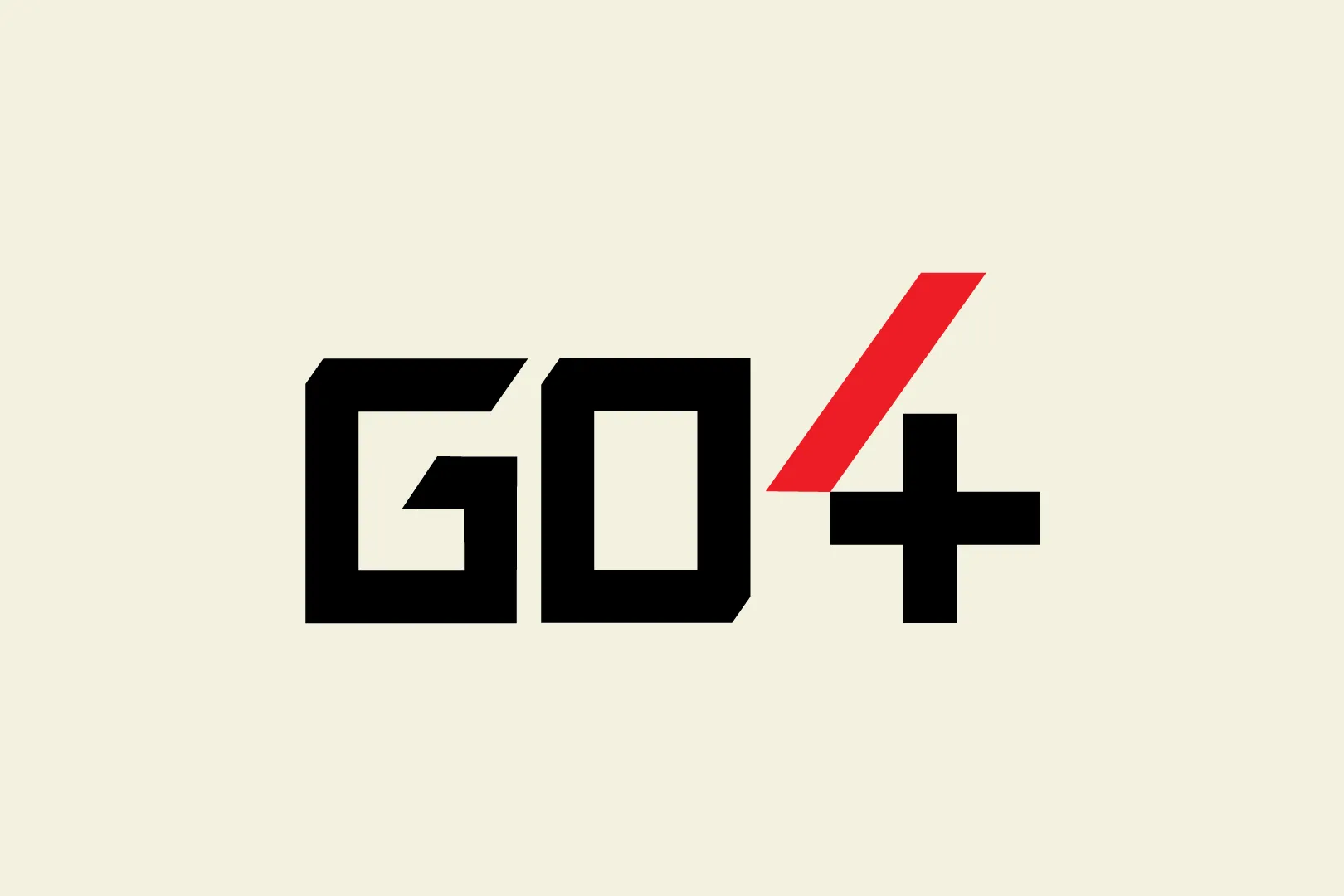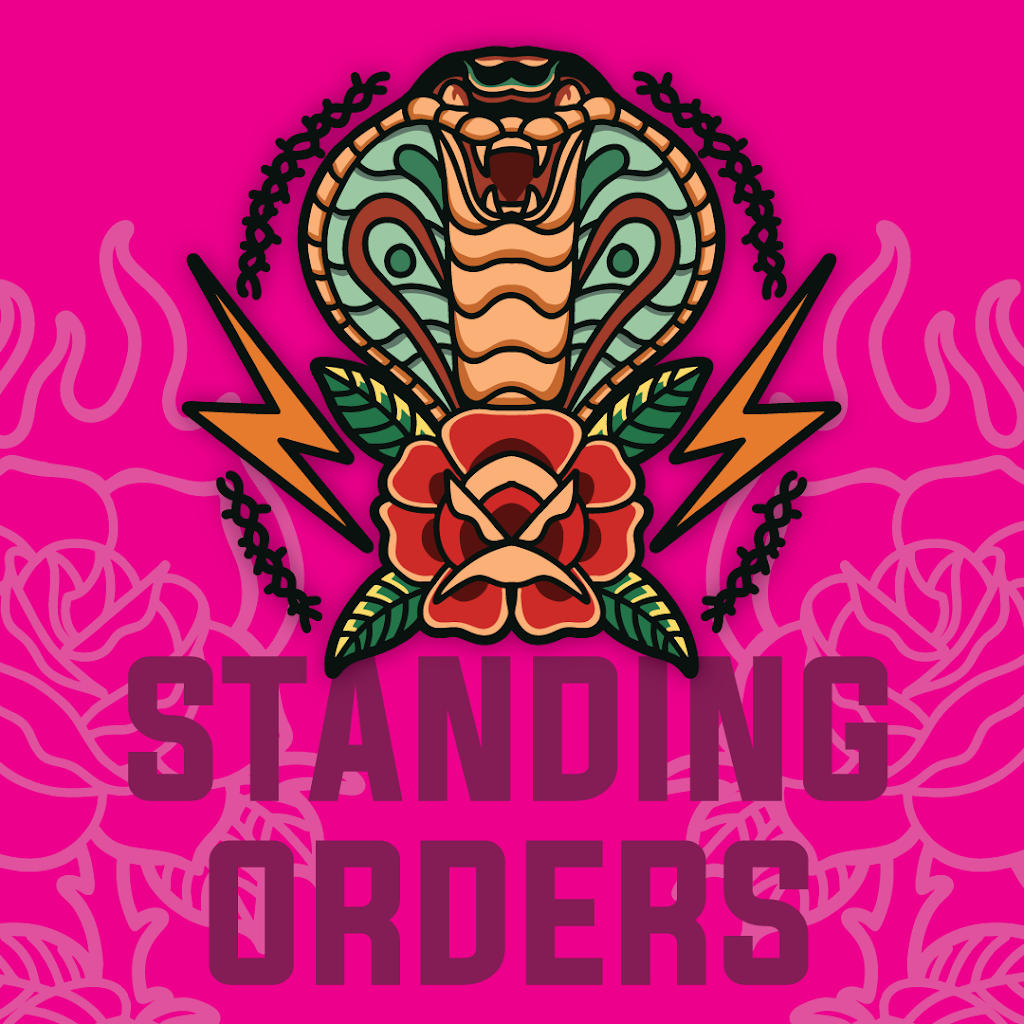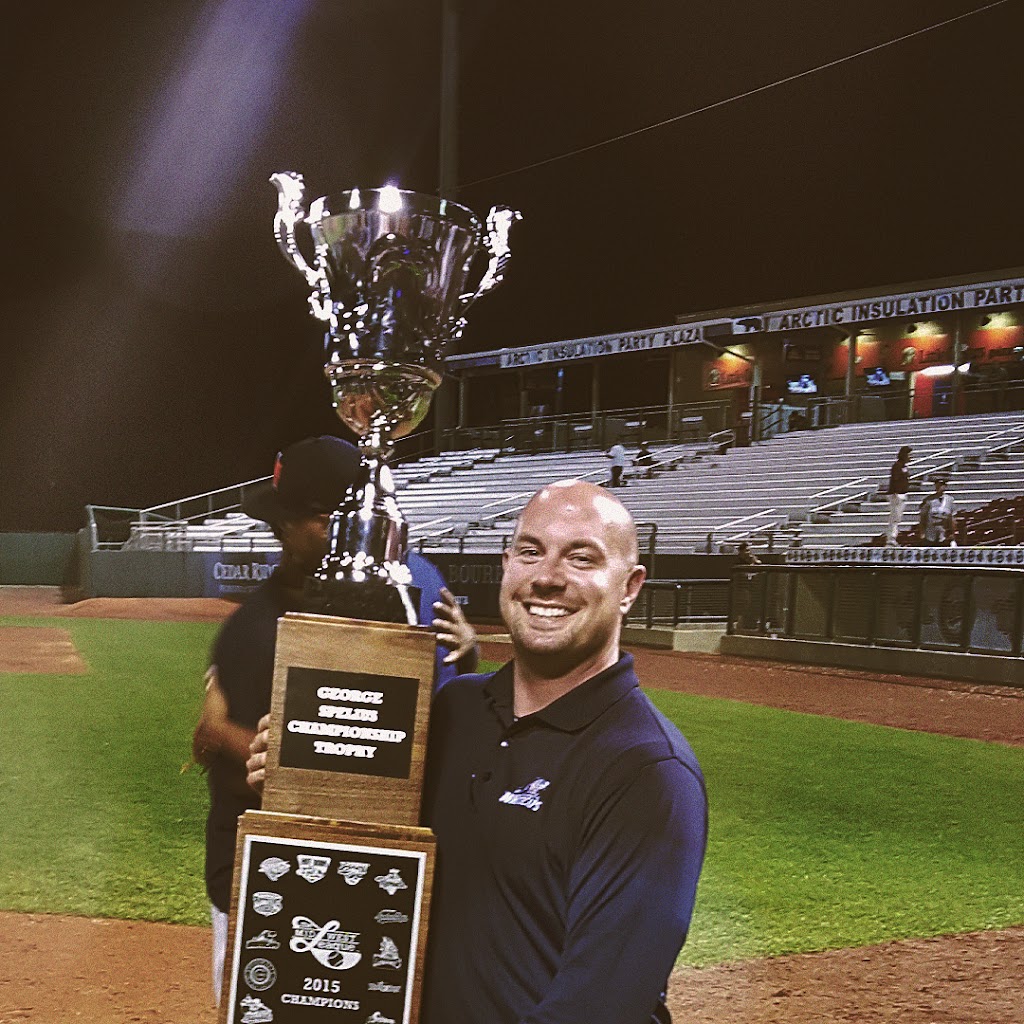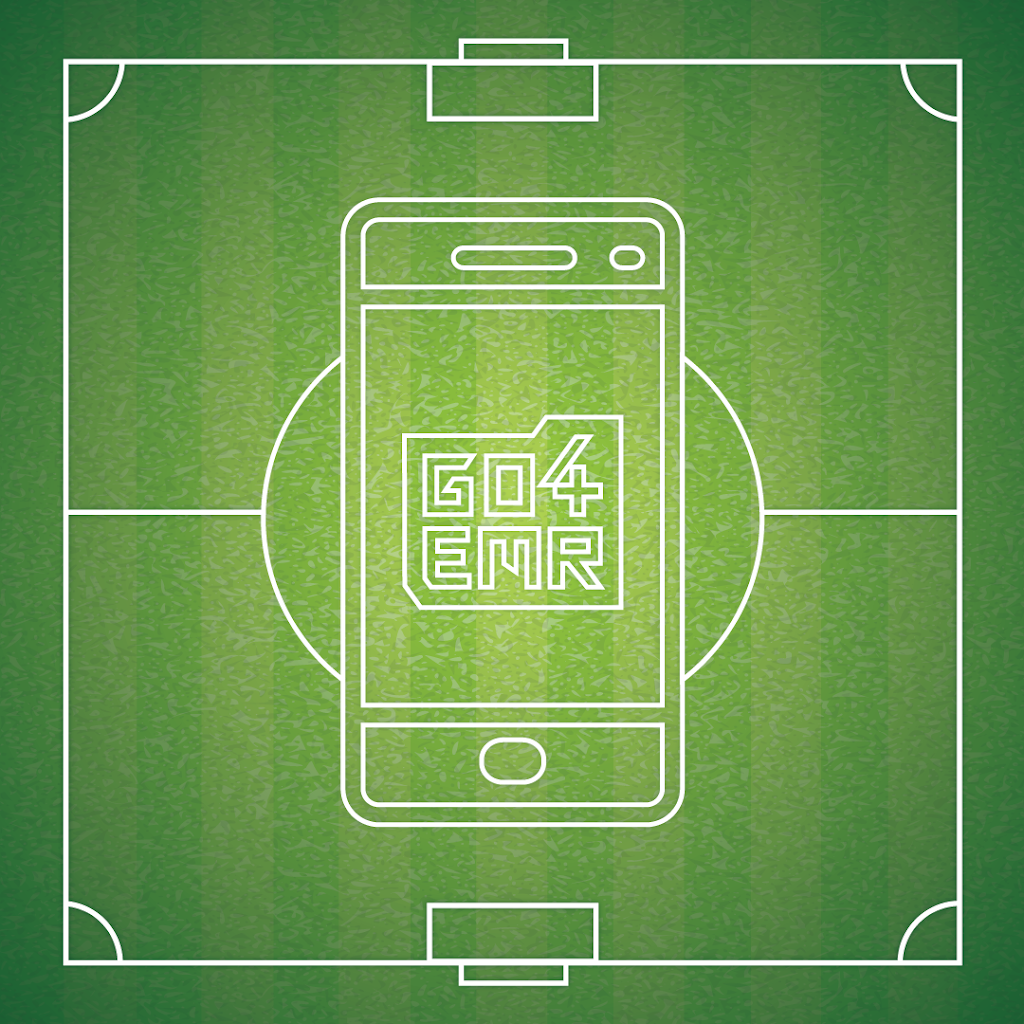Blog
Who Should NOT Make Return-To-Play Decisions! (And Who Should!)
Haig
June 6, 2024

Who Should NOT Make Return-To-Play Decisions! (And Who Should!)
The Return-to-Play decision as defined by the American Academy of Orthopedic Surgeons is simply the decision-making process of returning an injured or ill athlete to practice or competition.
Getting that decision wrong can have an impact that lasts long after the game is over; for the athlete and, possibly, for the coach, parent, or organization who made the decision.
The scenario is pretty universal, it happens at games, tournaments and practices across the country. A kid playing a sport gets hurt, someone needs to determine how hurt, do they need medical attention or can they return to play.
Really, there is only one person at any sporting event (hint, they’re a medical professional, initials AT) who should be making the Return-to-Play decision, but lets cover all the people who absolutely, under any circumstances, should NOT make Return-to-Play decisions.
WHO SHOULD NOT MAKE RETURN TO PLAY DECISIONS:
Parents
There are many emotional, and potentially financial, factors that can cloud a parent’s judgement in assessing the severity of an injury.
– They want to see their kid play.
– There are college scouts in the stands.
– They drove a long way to get there.
– They toughed it out as a kid and they’re fine.
And, they are not medical professionals.
Even if they are, they still should not make the Return-to-Play decision for their child. The American Medical Association guidelines from the Council on Ethical and Judicial Affairs state, “physicians generally should not treat themselves or members of their immediate families. Professional objectivity may be compromised when an immediate family member or the physician is the patient.”
The Coaches
Coaches are focused on winning games. A players getting hurt disrupts that focus. It throws a whole new set of variables and decision at them in the heat of battle.
– We need this player to win.
– There’s nobody on the bench.
– They’re the team leader
– They look fine to me.
– There’s only a couple of minutes to go.
– Everybody plays with a little pain.
And, they are not medical professionals.
The Player
Players don’t always have their own their own best interest at heart. Also, they’re hurt. So, they’re decision making ability is probably off. Way off.
– I don’t want to sit out, I want to play.
– I don’t want to let my team down.
– My parents really want me to play.
– My coach really wants me to play.
– I need to impress that college recruiter who might be watching.
– Other players play through pain, I just need to suck it up.
And, they are not medical professionals.
In addition to the catastrophic consequences the decisions those individuals make could have on the athlete, the consequences can also extend to the the school, organization or tournament operator involved.
The family of a 16-year-old basketball player sued a school that leased its gym to a private operator for an AAU tournament. The player collapsed after completing a routine layup. With no Athletic Trainer staffed, the tournament operator had to rely on a physician and nurse who just happened to be in attendance to perform CPR. Adding to the tragedy, there was also no AED on site. The player later died as a result of the injuries he sustained at the event. The suit alleges the school was grossly negligent in not having a medical professional trained in the use of an AED present (all ATs are trained in the use of an AED) or having a plan to handle medical emergencies.
WHO SHOULD MAKE THE RETURN-TO-PLAY DECISION
A certified and licensed health care professional, recognized by the American Medical Association (AMA), Health Resources Services Administration (HRSA) and the Department of Health and Human Services (HHS) as an allied health care profession
An Athletic Trainer
Athletic Trainers diagnose, treat and work to prevent injuries. Pre-game, they’re the pros taping ankles. During they game, they keep watch over the athletes on the field. If player is seriously injured, they coordinate the emergency response.
And, sometimes, they send players back into games. (After careful evaluation, of course.)
Go4Ellis was created to get Athletic Trainers at as many practices, games, tournaments and camps as possible. To put them in place to be able to make those tough Return-to-Play decisions. Because the decisions they make can help protect players, parents, coaches and organizations from making bad ones.
So, that’s who should, and who should not, make Return-to-Play decisions. If you happen to need an athletic trainer (trust us, you do), we know a place where you can find a couple, go4ellis.com.
The Go4 platform links athletic trainers with sports event operators looking to hire athletic trainers for games, practices and tournaments. Athletic trainers set up a professional profiles, including proof of licensure, liability insurance, and other legal requirements. Event operators can post work opportunities and set their own pay rates. Payment is automated through the platform, and Go4 also handles all year-end tax documentation for both athletic trainers and event operators. Need an Athletic Trainer for a game, practice, camp, clinic or tournament? You can find thousands of awesome Athletic Trainers here: Go4.io
Are you an Athletic Trainer?
Join us!
From per diem shifts to full-time opportunities, AT resources, PLI, a free EMR and more, Go4 is the essential AT app. Sign up now!
"*" indicates required fields
Other articles you might like

Athletic Trainers
What is the deal with Standing Orders?
How do I get standing orders as an athletic trainer? Q: What are standing orders? A: Standing orders, aka medical protocols, establish the scope of practice for an athletic trainer. Under the direction of a physician, they are an overview of the specific skills that the AT is legally able…

Athletic Trainers
AT Spotlight: Thomas Obergefell, Athletic Training from the Dugout
Name: Thomas Obergefell, MS, ATC, LAT Nickname: T.J. Alma…

Athletic Trainers
Middle School / High School / College / Any School EMR: The Importance of Documentation
Go4’s in-app Electronic Medical Record We all know the reasons why it’s important to thoroughly document, but incase you forgot, here they are:…